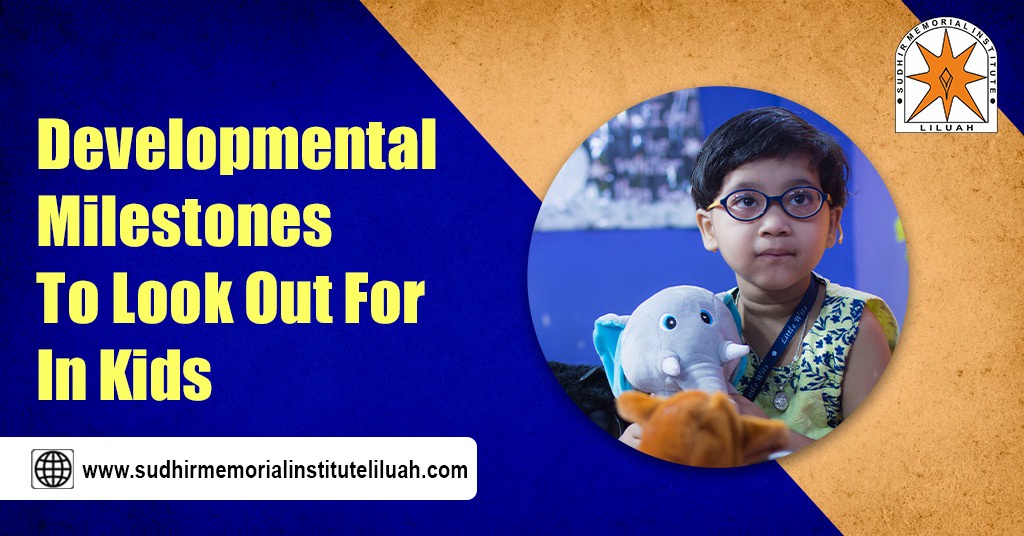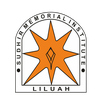As a parent and caretaker, it’s natural to monitor your child's development and ensure that they are hitting key milestones. While each child develops at their own pace, there are some general developmental milestones that can give you an idea of what to expect. Here are some key milestones to look out for in kids:
Gross motor skills: Gross motor skills involve large muscle movements and are crucial for physical development. Look out for your child reaching the following milestones:
- Rolling over (around 4-6 months)
- Crawling (around 6–10 months)
- Walking with assistance (around 9–12 months)
- Walking independently (around 12–18 months)
Fine motor skills: Fine motor skills involve small muscle movements and are important for tasks such as writing, buttoning clothes, and using utensils. Look out for your child reaching the following milestones:
- Grasping objects (around 3–4 months)
- Transferring objects from one hand to the other (around 7-8 months)
- Picking up small objects with thumb and finger (around 10–12 months)
- Drawing simple lines and shapes (around 2–3 years)
Understanding your child’s growth and development
It’s very essential for parents to understand their child’s growth and development. For instance, a baby can start walking anywhere from 8 months to 18 months. It is crucial to know that achieving a milestone early is neither good nor bad for a child.
In this blog, we will also learn about one of the leading English-medium schools in Howrah, named Sudhir Memorial Institute Liluah. Located in Liluah Howrah, it’s a co-ed English-medium school providing the best services and facilities ever.
What are the milestones for a 0–3-month-old baby?
The first few months after having a baby can be the most challenging for parents. Since these babies have not learned much yet, the only way for them to tell you that they are unhappy or uncomfortable is to cry.
Social and emotional development: Social and emotional development refers to a child's ability to interact with others and manage their own emotions. Look out for your child reaching the following milestones:
- Smiling and responding to others' emotions (around 2–3 months)
- Showing empathy and understanding others' perspectives (around 3–4 years)
- Developing friendships and playing cooperatively with others (around 4-5 years)
- Understanding and managing their own emotions (around 5–6 years)
Motor development
The grip of the child will become stronger, and now they will be able to move and swing toys. Between 4 and 5 months, your child will be able to pick up objects or roll back on the stomach. After 6 to 7 months of age, babies can sit with the support of cushions and try crawling.
Checklist for a child’s developmental milestones
Birth to 3 Months
- Responds to loud noises
- Smiles or relaxes while you talk to them, and calms down while crying when they hear your voice.
- Responds to sound by sucking or stopping during feeding.
- It Coos and makes happy sounds.
- Cries differently for various requirements.
- Smiles when they see you.
4 to 6 months
- Follows the source of sound with eyes
- Reacts to a change in your voice
- Notice toys with sounds such as rattles.
- Observe music
- Uses a variety of noises, including those that start with p, b, and m, and babbles in a speech-like manner.
- Laughs and babbles when joyful or upset.
- Makes gurgling noises when playing with others or alone.
7 Months to 1 Year
- Plays games such as peek-a-boo and pat-a-cake.
- Turns to face the sound.
- Understands terms for everyday objects like "cup," "shoe," or juice."
- Responds to commands such as "Come here."
- Babbles using lengthy and short sets of sounds ("baba, tata, mama")
- babbles to get and hold your attention
- Uses hand movements to communicate, such as waving or raising an arm.
- mimics various speaking sounds
- By the age of one, a child speaks one or two words (such as "hi," "dog," "dada," or mama).
1 to 2 years
- Recognizes some parts of the body and names them when requested.
- Understands and follows simple instructions like "Roll the ball" and "Where’s your shoe?"
- Likes listening to nursery rhymes, short stories, and music.
- points to images in books when they are mentioned
- often picks up new words
- Uses a few one- or two-word inquiries (for instance, "Where puppy?"
- Combines two words: "more banana."
- uses a variety of consonant sounds to start words
2 to 3 years
- Acquires a name for nearly everything
- Uses two- or three-word sentences to describe and request things.
- uses the sounds k, g, f, t, d, and n
- and speaks in a manner that family members understand
- Identifies things so you can ask for them or draw attention to them.
Conclusion
Remember, every child is unique and may develop at their own pace. However, if you have concerns about your child's development, don't hesitate to speak with their pediatrician or a developmental specialist. Early intervention can make a big difference in supporting your child's growth and development. If you want to know about some of the CBSE-affiliated schools in Howrah, you can check them out online. For admission to the CBSE School in Howrah, visit the school website or premises today.


No comments yet